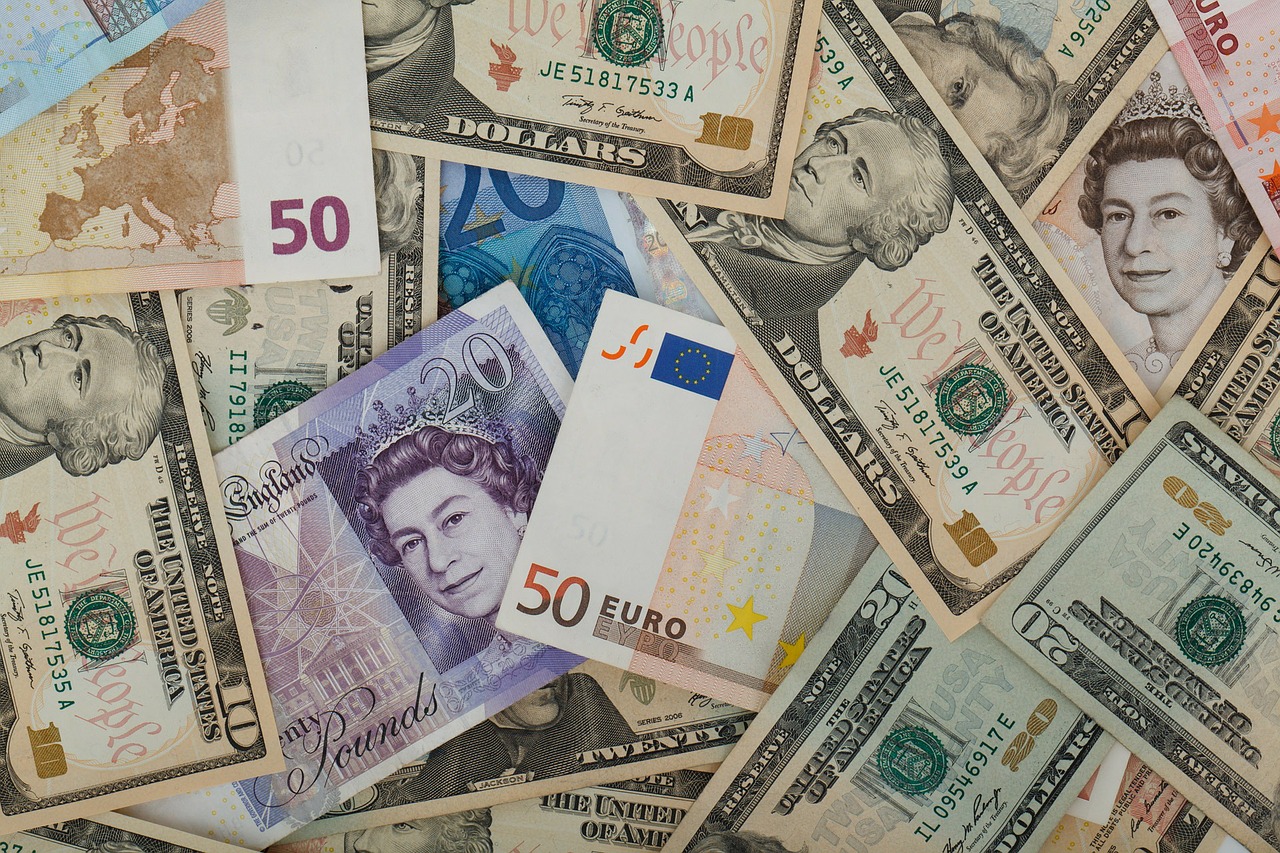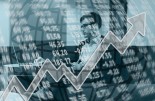BlueBay AM: Greed triggers a response
BlueBay AM: Greed triggers a response

By Mark Dowding, CIO at BlueBay Asset Management
Could those taking on excessive risk be about to get burnt by hot data?
Another relatively quiet week in financial markets saw asset prices lacking direction. Strong US economic data has been largely discounted for the time being and Treasury yields have drifted lower since the start of April, as investors in Asia put cash to work at the start of a new fiscal year.
This week’s ECB meeting offered little new information, though there is a sense that we have passed peak pessimism across the continent. As vaccination programmes accelerate, this augurs for a greater pick-up in economic activity in the months to come.
UK data shows that out of the 30 million individuals who have had their first jab, only 32 have subsequently needed hospital treatment since the beginning of 2021. This supports a narrative that vaccines are starting to win the war against Covid-19.
However, new variants, which render vaccines ineffective, remain a major source of concern with infection rates in several countries showing signs of acceleration, with India a particular cause for concern.
Interludes & opportunities
Broadly speaking, it has felt that markets have taken a bit of a pause for breath after a relatively frenetic start to 2021. It remains uncertain how long the current calm conditions may prevail.
This leads us to question the potential catalysts that could drive price action in the weeks ahead. In this regard, we continue to believe that data on US growth and inflation have still got room to surprise to the upside, even given bullish consensus projections.
Although we think it is very unlikely that the Federal Reserve will change its message on asset purchases before September, following the August Jackson Hole meetings, it is possible that in the next several weeks some of the more hawkish FOMC members become a bit more vocal with respect to the need to begin to dial-back some of the policy stimulus. This could see the trend in yields turn upwards once more. Consequently, we have been looking at recent strength in Treasuries as an opportunity to extend short positions.
Corporate credit
Eurozone corporate credit spreads have continued to grind tighter over the past couple of weeks as ECB purchases and investors seeking to grab yield have sustained demand. By contrast, the rally in US spreads appears to have lost some momentum, though high yield continues to outperform on a relative spread basis with ongoing compression remaining a dominant background theme in credit markets.
We continue to believe that this trend has somewhat further to run. A change in Fed policy and a withdrawal of liquidity may be feared later in the year, but for the time being, credit fundamentals seem well supported and market technicals also seem pretty healthy – even if valuations point to relatively modest upside in terms of tighter spreads at an index level.
Emerging markets
Lower Treasury yields during the past month and a softer USD have both continued to support emerging markets (EM). After a difficult first quarter, valuations have become relatively attractive in EM, though we remain somewhat fearful that a resumption of higher US yields could represent a headwind that could return in the next month or two.
We remain nervous of potential military escalation in Ukraine, of policy errors in Turkey and Covid impacts in India and other countries which have been heavily dependent on tourism receipts.
However, we have been more constructive recently with respect to Asian currencies, such as Taiwan dollar and Korean won, where robust economic activity and trade balance point towards scope for medium-term appreciation.
Looking ahead
We wait for fresh macro trend catalysts to come to the fore. There is unlikely to be much news from the FOMC meeting next week, with Powell feeling pretty happy for the time being. However, May is a month where we expect to see some surprisingly robust data releases and we think that this could prompt hawkish dissent from parts of the Fed in the weeks to come.
This might lead to renewed speculation that the inflection point, with respect to policy easing, has been passed. From this point of view, risks to the rally may start to build in May, though in the short term it seems premature to need to add more hedges to long risk asset positions within portfolios just yet.
Meanwhile, as growth rebounds it wouldn’t surprise us if policymakers start paying more attention to possible risks to financial stability.
Greed seems to have been rife in some parts of financial markets in recent months – be this in various cryptocurrencies, the boom in SPACs and NFTs or in leveraged trades being applied by certain hedge funds. However, the sordid story of the proposed European Super League (ESL) provided another reminder of how greed can often trigger a response which begets an unhappy ending.
In this respect, it seems that some of these new ‘asset classes’ could be most vulnerable to an eventual correction as the cycle turns.
Signs of any excessive risk-taking in the near term could well lead policymakers to shift uncomfortably in their seats as economic data comes in hot. This could lead to a reminder that greed is not good. More generally speaking, the focus on ESG and responsible investing could be seen as a backlash to greed and over-consumption in society, to the wider detriment of the health of the planet.










